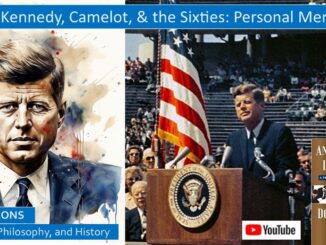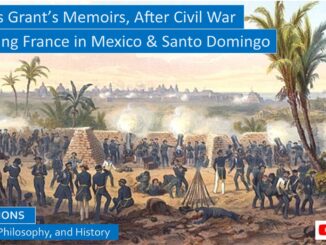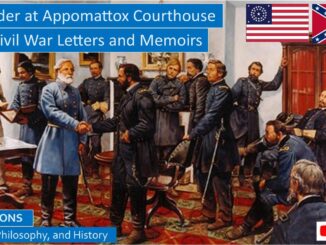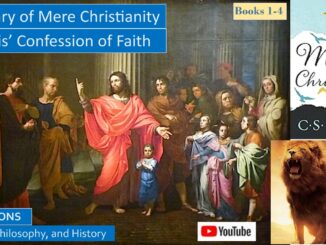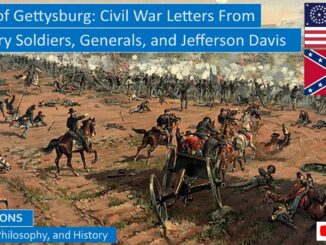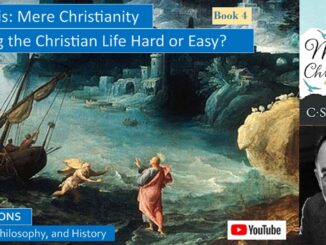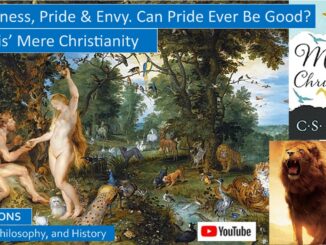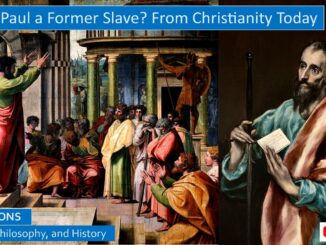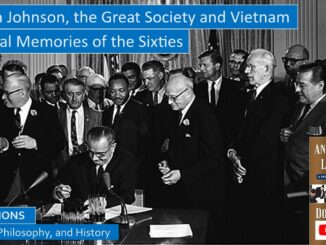
Lyndon Johnson, Enacting the Great Society and Vietnam, Review of an Unfinished Love Story
Five days after JFK’s assassination, Lyndon Johnson addressed Congress and the nation, speaking of Kennedy’s domestic dreams, “the dream of education for all our children, the dream of jobs for all who seek them and need them, the dream of care for elderly, the dream of an all-out attack on mental illness, and above all the dream of equal rights for all Americans, whatever their race or color.”
Johnson emphasized, “No memorial oration or eulogy could more eloquently honor President Kennedy’s memory that the earliest possible passage of the civil rights bill for which he fought so long. We have talked long enough in this country about equal rights. We have talked for one hundred years or more. It is time now to write the next chapter, and to write it in the books of law.”
Dick reminisced, “Impressive, a huge risk at the time. LBJ knew the path he was taking would cut him off from the southern bloc that was his heritage, isolate him from his oldest friends, and might well not succeed. But he was willing to take the path.” […]

